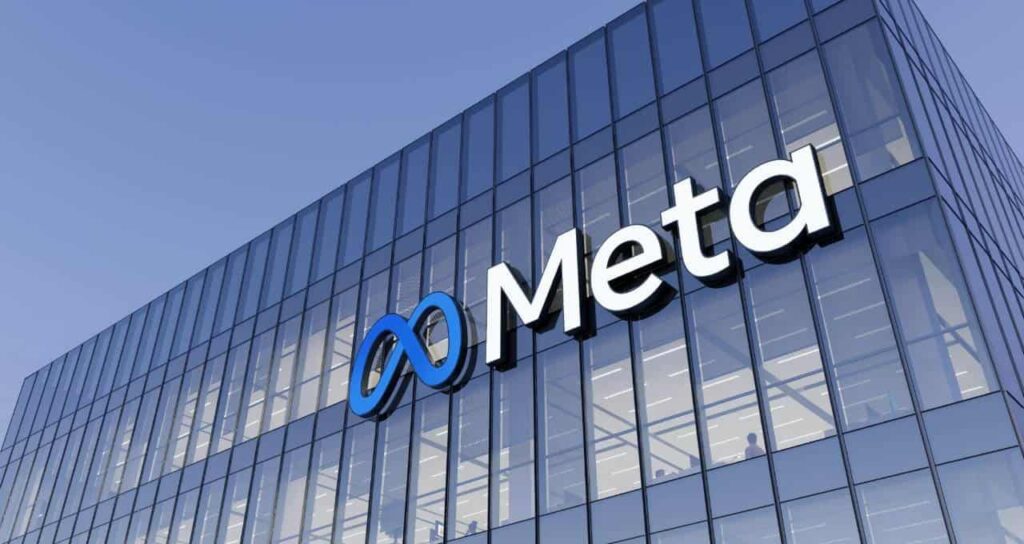A US appeals court reopened a class-action lawsuit on Thursday (27th) from a software engineer who claims that Meta Platforms Inc., the company behind Facebook, Instagram, and WhatsApp, did not hire him because it preferred to allocate positions to foreign workers willing to accept lower wages. The case raises sensitive questions about workplace discrimination and US immigration policy and could significantly impact the hiring practices of large tech companies.
The lawsuit was filed by Purushothaman Rajaram, a naturalized US citizen, who alleges that he was discriminated against by Meta. Rajaram asserts that the company systematically lays off American workers in favor of visa holders who accept lower pay. The case was reopened by the 9th Circuit Court of Appeals based in San Francisco after a 2-to-1 ruling stated that a Civil War-era law prohibiting discrimination in contracts based on “alienage” also extends to biases against US citizens.

A U.S. appeals court has overturned a previous ruling by a federal judge in California who had dismissed Rajaram’s lawsuit. The engineer is attempting to represent a class of thousands of workers who he believes have been disadvantaged by Meta’s hiring practices. In response to the allegations, Meta denied any irregularities in the submitted documents and stated that Rajaram could not prove that the company intended to discriminate against U.S. workers.
The 9th Circuit Court of Appeals had not previously decided whether federal law provides protection for U.S. citizens against discrimination in hiring. The only other judicial body to address this issue was the 5th Circuit, based in New Orleans, which ruled in 1986 that the legislation did not apply to U.S. citizens. The 9th Circuit’s decision on Thursday creates a split among the appellate courts and increases the likelihood that the U.S. Supreme Court will hear the case if Meta decides to appeal.
The aforementioned Civil War-era law was designed to protect the rights of newly arrived foreign workers, but its application to modern hiring practices raises significant debate. The interpretation that this legislation applies to discrimination against U.S. citizens expands its scope in a way that was not originally intended. This could set an important precedent for future workplace discrimination cases, particularly in sectors that heavily rely on foreign labor.
The court’s decision could have far-reaching implications for the tech industry, which often depends on foreign workers to fill specialized positions. Companies like Meta argue that foreign labor is crucial to maintaining their global competitiveness, especially in areas with a limited supply of qualified workers. Critics, on the other hand, claim that this practice could disadvantage local workers who are overlooked in favor of applicants willing to accept lower wages.
Rajaram’s case highlights a common conflict within tech companies, where the search for global talent can clash with the expectations and rights of local workers. If the 9th Circuit’s decision stands, companies may face stricter scrutiny of their hiring practices and immigration policies. This could lead to a reassessment of hiring strategies and a stronger focus on ensuring fair processes for all applicants, regardless of their nationality.
Neither Meta nor Rajaram’s lawyers have promptly responded to inquiries regarding the court’s decision. It is anticipated that Meta, which maintains its position of denying any irregularities, may appeal to the U.S. Supreme Court. Should this occur, the Supreme Court would have the opportunity to clarify the application of federal law concerning discrimination against U.S. citizens, potentially establishing a new legal standard for future cases.
Meanwhile, the case is being closely monitored by both labor rights advocates and the tech industry. For advocates, a ruling in favor of Rajaram could be seen as a significant victory in the fight against workplace discrimination and an affirmation of the rights of U.S. workers. For the tech industry, a contrary ruling could lead to substantial changes in hiring practices and reliance on foreign labor.
The reopening of the case against Meta by the 9th Circuit marks a critical moment in the discussion of workplace discrimination and immigration policy in the United States. The ruling that the Civil War law applies to discrimination against U.S. citizens opens a new chapter in the interpretation of labor protections and could have significant repercussions for the tech industry. As the case progresses, all parties involved, from workers to major companies, will closely observe the developments and potential impacts of this important legal dispute.
This case raises fundamental questions about how to reconcile the need for global talent with the protection of local workers’ rights. If the U.S. Supreme Court decides to hear the case, it could set an important precedent for future disputes over workplace discrimination and influence how companies structure their hiring policies. A ruling in favor of Rajaram could lead to greater scrutiny of corporate hiring practices and compel them to demonstrate a clear commitment to equal opportunity for all applicants, regardless of nationality.
Conversely, a contrary ruling could solidify the practice of hiring foreign workers in highly specialized sectors where demand for specific skills exceeds local supply. This would reinforce tech companies’ position on the importance of attracting global talent to maintain their competitiveness. However, it could also intensify the debate over immigration policy and the protection of jobs for U.S. citizens.
Regardless of the outcome, this case underscores the need for ongoing dialogue about best hiring practices and the necessity for balanced policies that promote both innovation and fairness in the labor market. Companies, lawmakers, and labor rights advocates must collaborate to find solutions that address economic and social needs in a fair and balanced manner.
Ultimately, the case against Meta could serve as a catalyst for significant changes in how companies approach hiring and workplace diversity. As technology evolves and globalization shapes the labor market, it is crucial to ensure that all workers have a fair chance to apply for jobs and that an inclusive and equitable work environment is fostered.

